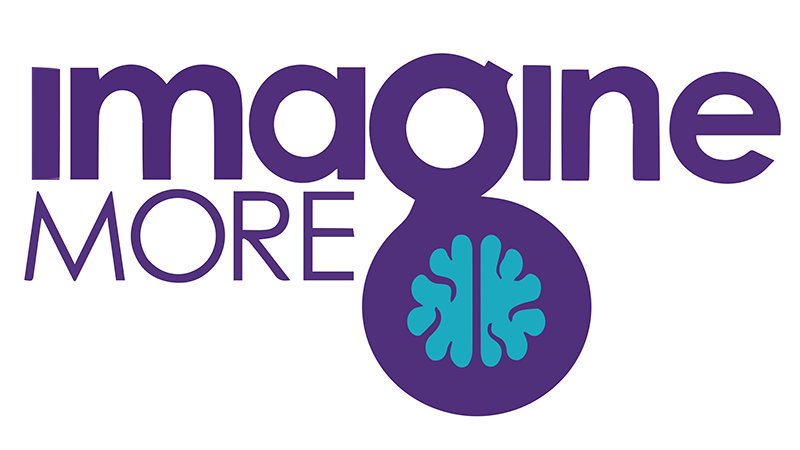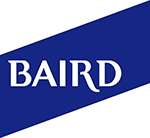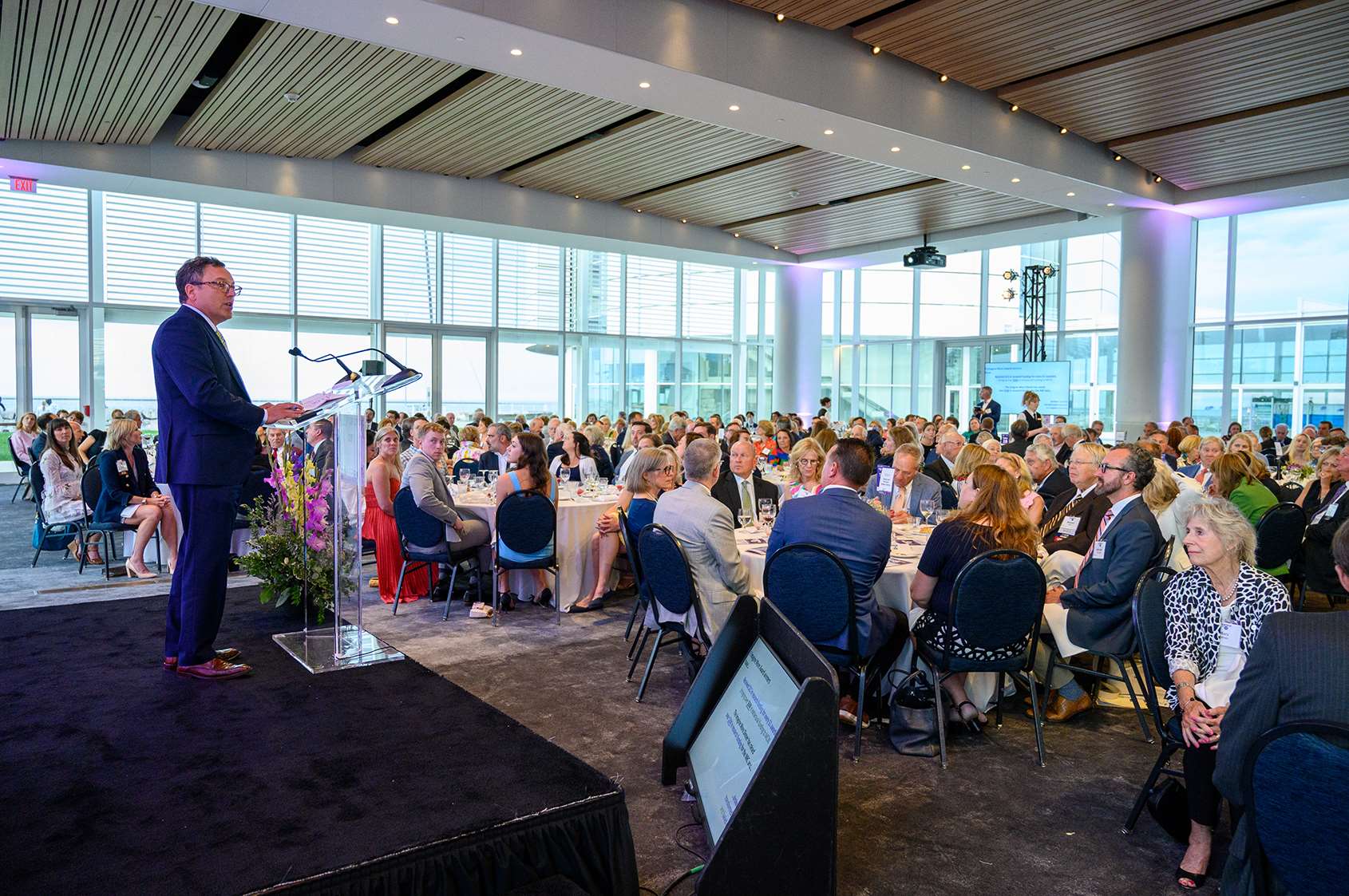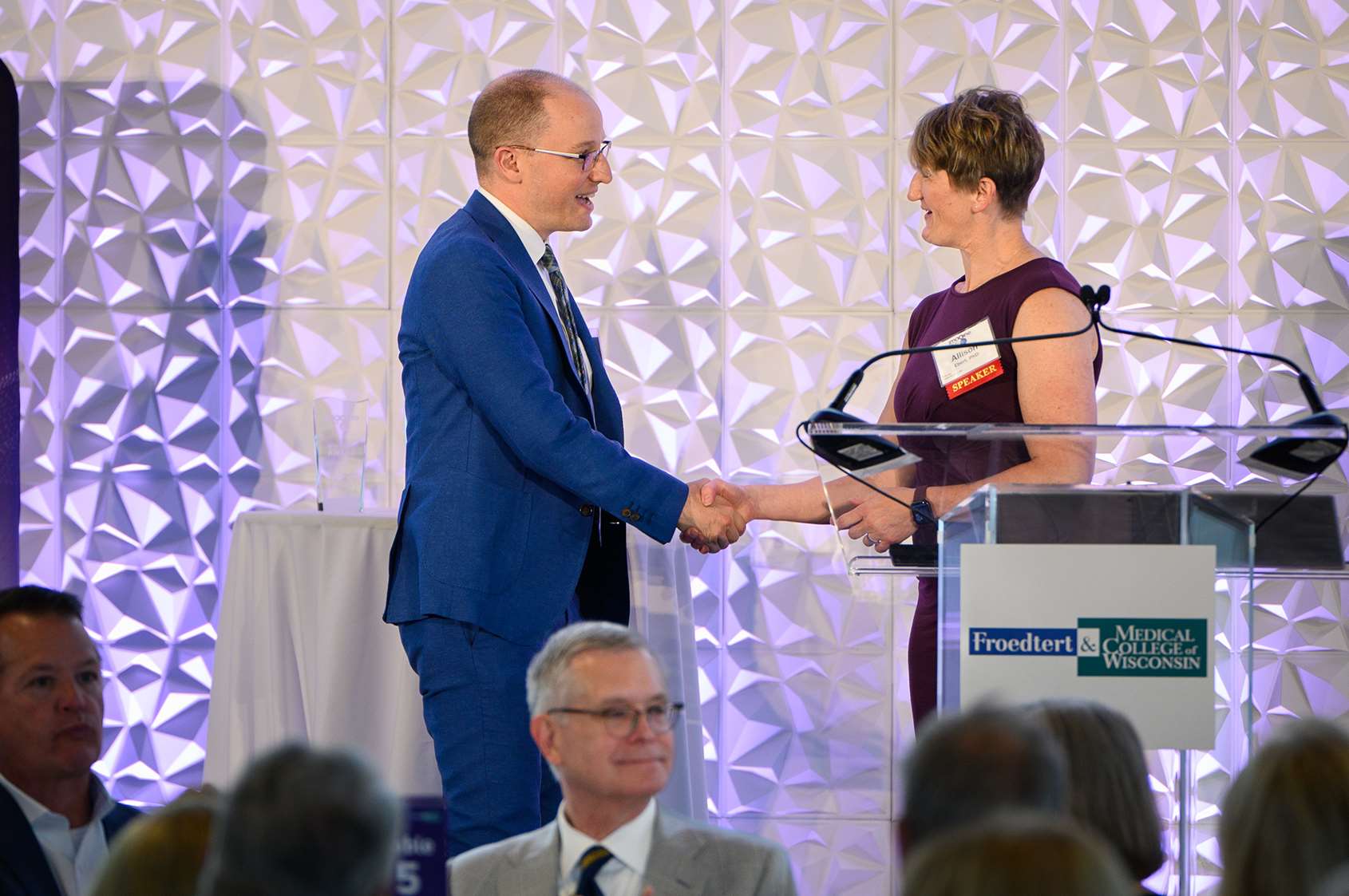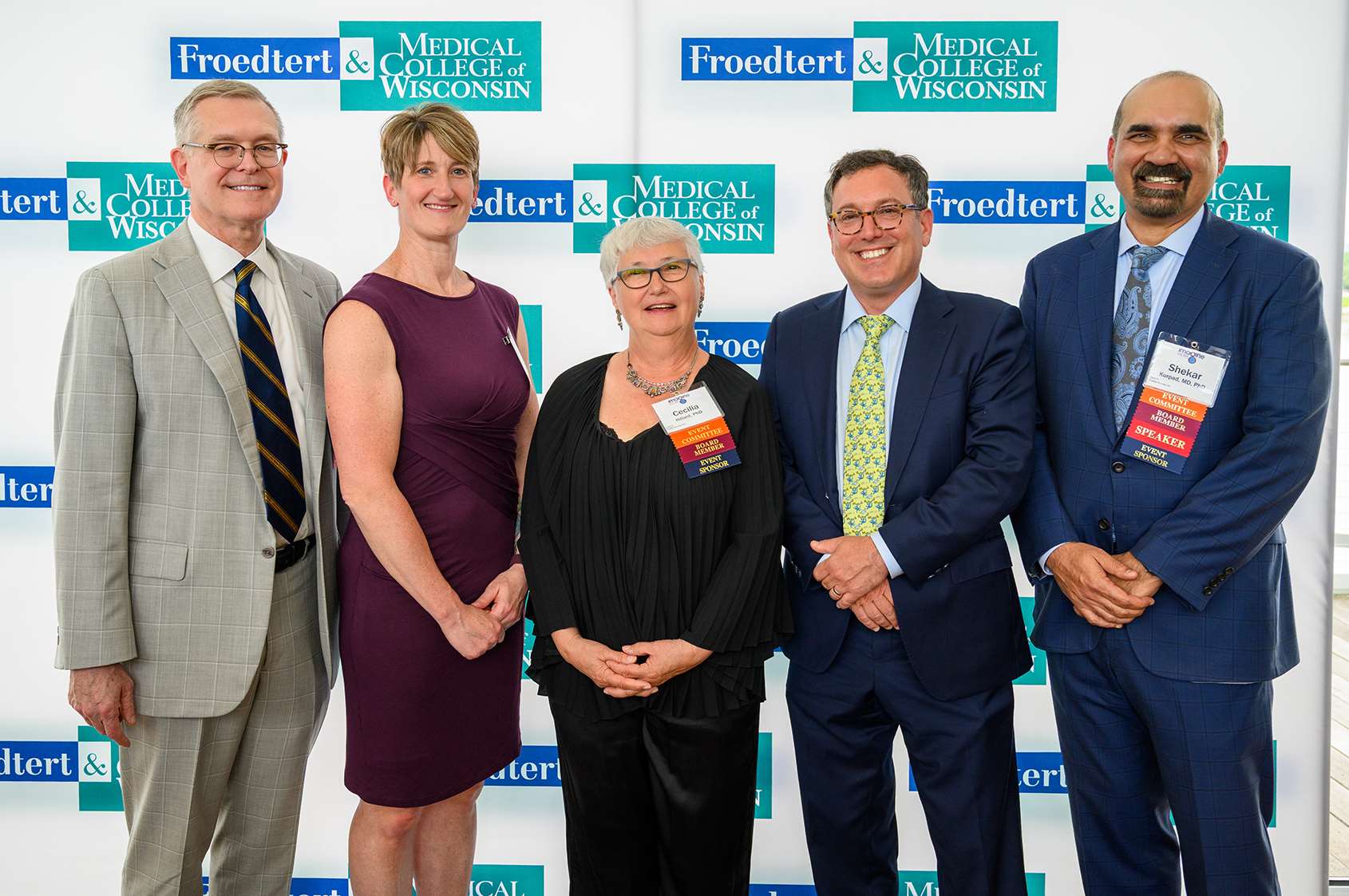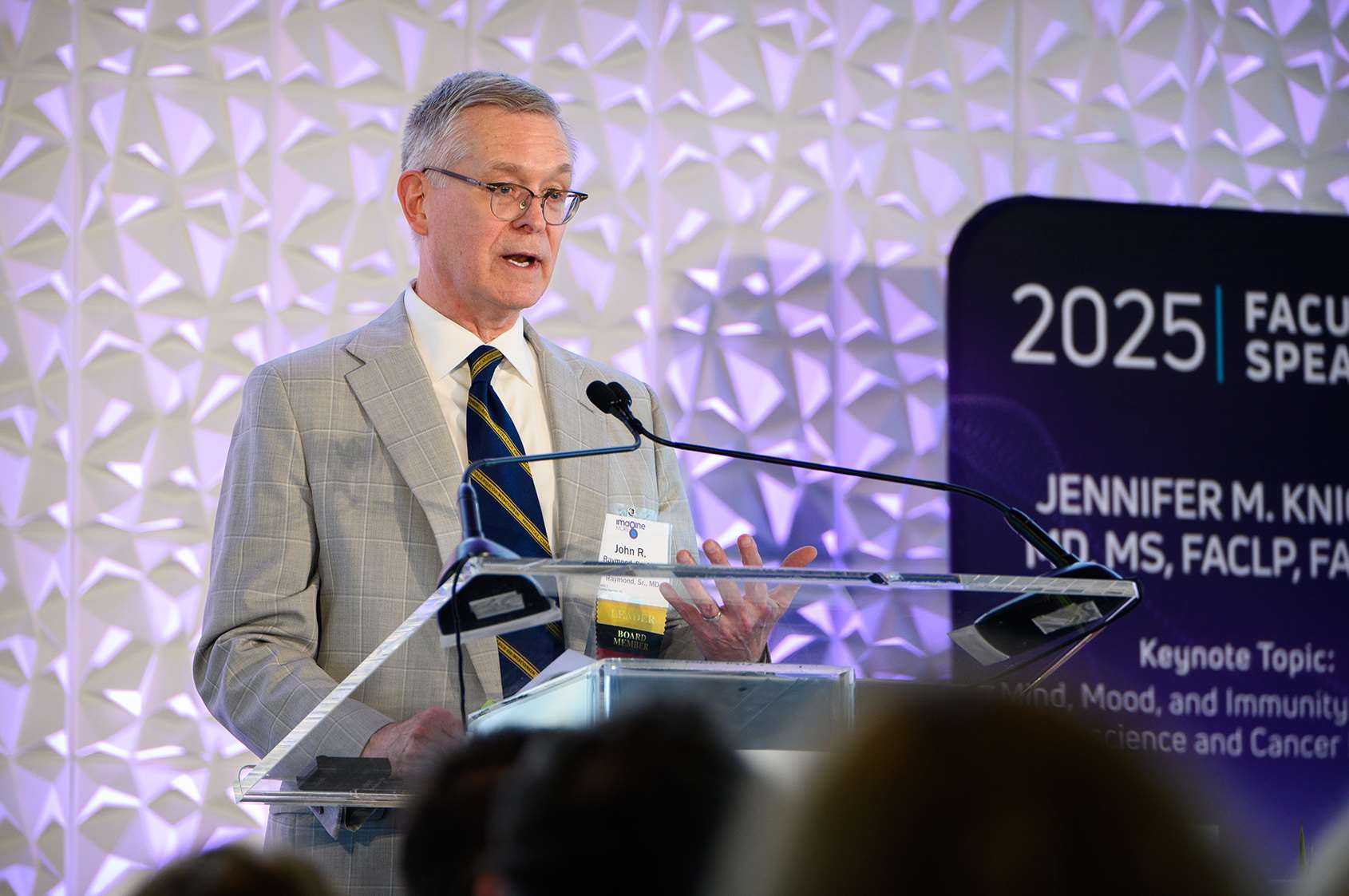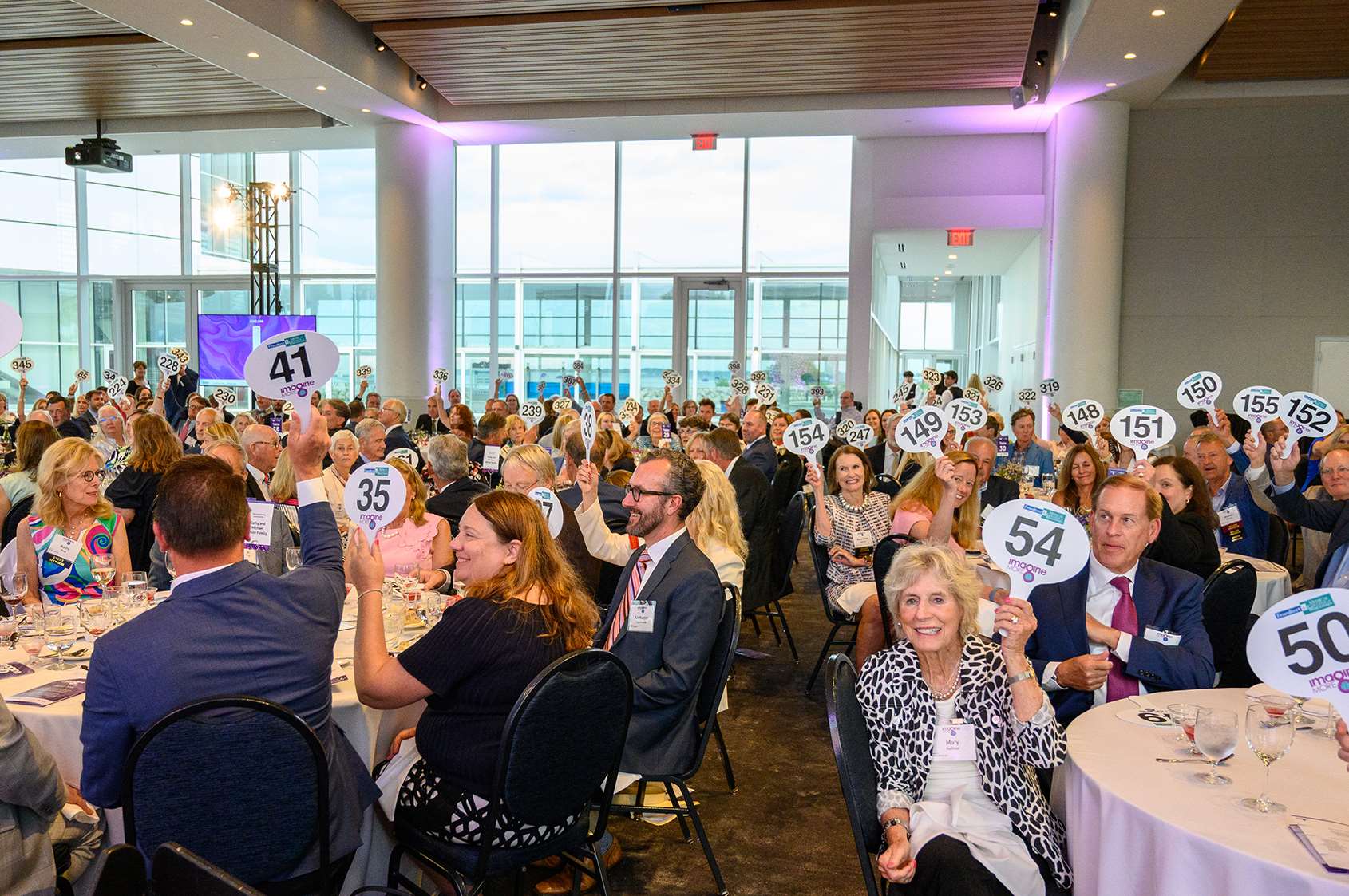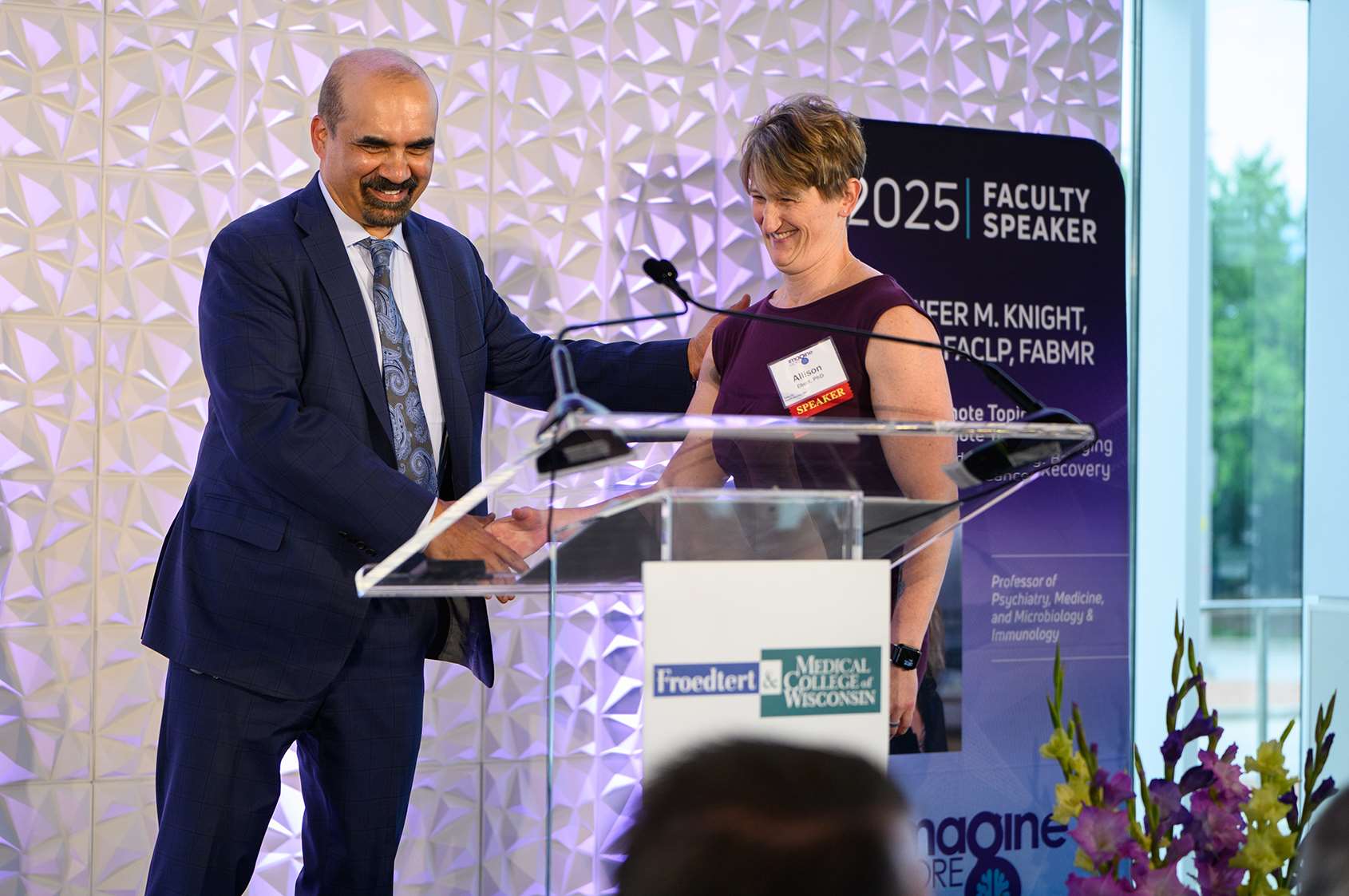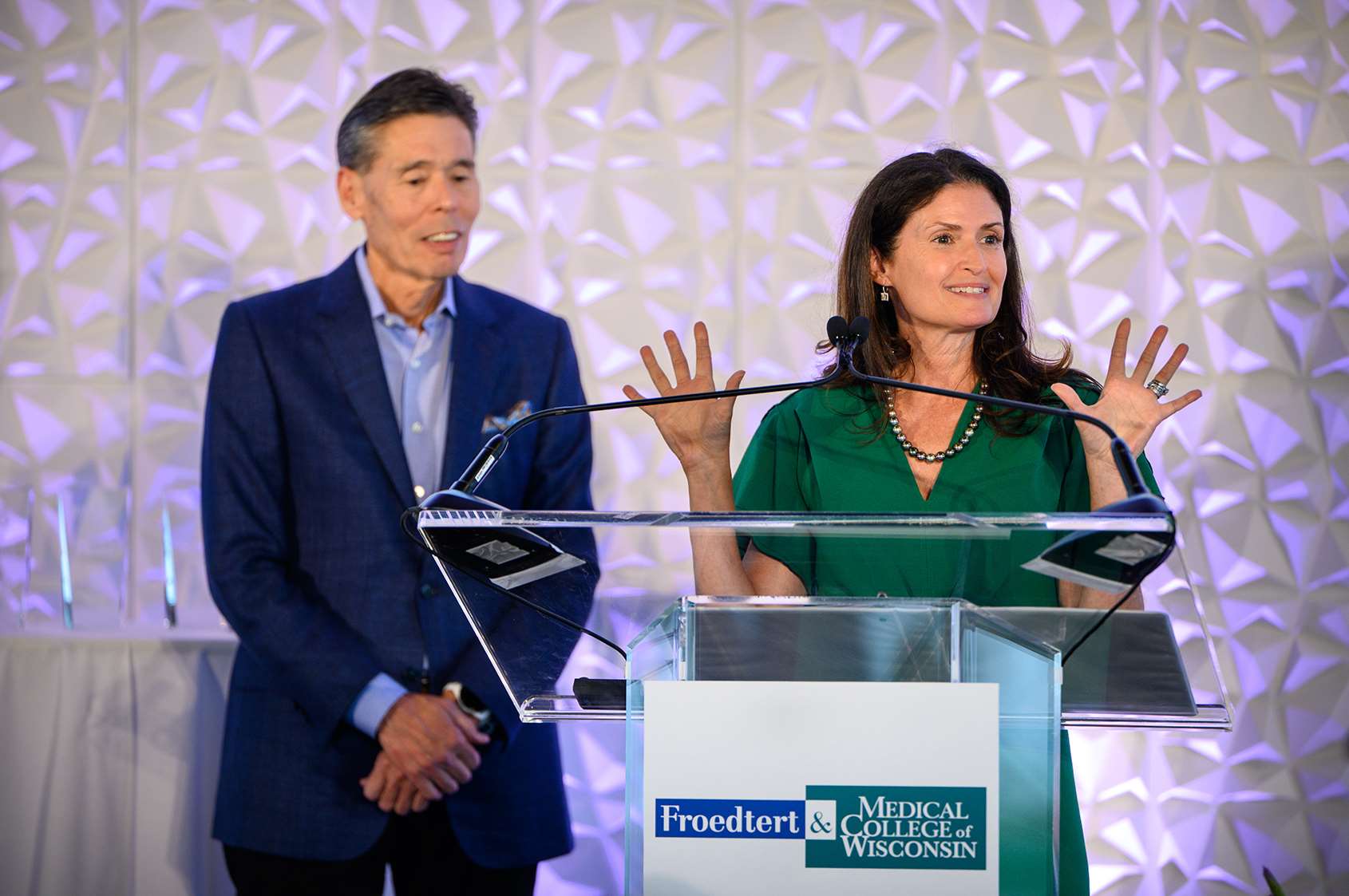Imagine More Dinner
Save the Date | Tuesday, June 23, 2026
Imagine More
A nationally recognized philanthropic event, the Imagine More Dinner gives us the chance to share the hope that novel research and innovative treatment brings to those facing the challenges of diseases, disorders, and injury to the nervous system.
The Imagine More Dinner is a catalyst for change. All proceeds from this event will directly support the Neuroscience Research Center, contributing to their pioneering advancements in neuroscience research. By participating, you're not just attending a dinner; you're becoming part of a movement to forge a brighter tomorrow.
Join us in 2026!
Registration for the 2026 Imagine More Dinner is not yet open.
We are looking forward to an evening to celebrate novel research and innovative treatments that bring hope to those facing diseases, disorders, and injuries to the nervous system.
Interested in Becoming a Sponsor?
The Imagine More Dinner inspires all of us to envision a world without the debilitating effects of stroke, Alzheimer’s and Parkinson’s disease, mental illness and other conditions that impact patients and families.
Please contact Sharon Rise at srise@mcw.edu with any sponsorship inquiries or event questions.
Sponsorship Opportunities coming soon.
Neuro Hero Award
Presented at the Imagine More Dinner, the NRC Board selects an individual or organization for outstanding commitment to Neuroscience Research.
Thank You to Our 2025 Event Chairs
Cathy and Michael White
Thank You to Our 2025 Event Sponsors
 | Cathy and Michael White Family
| Cathy and Michael White Family
Bonnie and Ned Timarac
Habush Habush & Rottier, S.C. | The Wigdale Family Foundation
The Curt and Sue Culver Family Foundation | Dan Druml and Mary Brennan-Druml | Gebhardt Family | Susie Kasten | Lubar & Co. | Ryan and Kristin Schultz | Stacy and Blair Williams
Sue and Louis Andrew | Bryon Riesch Paralysis Foundation | CleanPower, LLC | The Davis Family | Terri deRoon-Cassini | General Capital Group | Cecilia Hillard | Jan Lennon and John Bosbous | Dr. Michael McCrea | O'Leary-Guth Law Office, S.C. | R&R Insurance Services | John Selix | UCB Rare Disease Organization | von Briesen & Roper, s.c. | Wagner/Strauss Family | Ed and Diane Zore
Brian Eckrose
Froedtert & the Medical College of Wisconsin
Froedtert ThedaCare Health, Inc. | MCW Center for Neurotrauma Research | MCW Department of Neurology | MCW Department of Neurosurgery | MCW Department of Pharmacology and Toxicology | MCW Department of Physical Medicine & Rehabilitation | MCW Department of Psychiatry and Behavioral Medicine | MCW Neuroscience Research Center | Wisconsin Institute of NeuroScience (WINS)
Children's Wisconsin Neurosciences Center Team
Other Donors
Betsy Trimble
Gray Matter Matters
Kathie Poblocki
Russ Darrow Group
About the Neuroscience Research Center
The Medical College of Wisconsin's Neuroscience Research Center was founded in 2010 with the goal of enhancing neuroscience research at the Medical College of Wisconsin. The Center's overarching goal is to use a team approach to tackle neurological and psychiatric disorders.
Philanthropy plays an important role in advancing the work of the Neuroscience Center and the patients who receive its benefits. Your gift will support research that moves us one step closer to understanding complex and devastating brain disorders such as Alzheimer's and dementia, Parkinson's disease, ALS (Lou Gehrig's disease), multiple sclerosis, epilepsy, and schizophrenia, among others.
Solving the Child Mental Health Crisis: How MCW Is Leading Change in Wisconsin
Across Wisconsin, children are facing a mental health crisis with 48 out of 72 counties lacking even a single child psychiatrist. The Wisconsin Child Psychiatry Consultation Program, led by the Medical College of Wisconsin, is bridging this gap by empowering pediatricians statewide with direct access to expert mental health support.
In this powerful story of partnership, innovation, and hope, discover how one family's tragic loss led to the creation of a program now transforming care for children across the state. With support from philanthropic champions like the Kubly family and groundbreaking research through MCW’s Neuroscience Research Center, we are reimagining what’s possible for youth mental health.
Transforming Transplant Care: How Brain Inflammation Research is Shaping the Future of Cancer Recovery
At the Medical College of Wisconsin, groundbreaking transplant research is bringing together immunologists and neuroscientists to uncover how brain inflammation affects patients undergoing bone marrow transplants for blood cancers. In this video, hear from leading physician-scientists as they explore how cross-disciplinary collaboration is driving innovations in patient care and accelerating discoveries that could change outcomes for cancer survivors. Learn how their work combining clinical insight with preclinical models is uncovering the links between stress, inflammation, and recovery, and why this research matters now more than ever.
Psychedelic Therapy: Exploring New Frontiers in Mental Health at MCW
In this compelling video, hear from researchers and a cancer survivor as they share personal and scientific insights into the potential of psychedelic therapy for treating medication resistant depression. Rooted in groundbreaking neuroscience at the Medical College of Wisconsin, this conversation explores how psychedelics may revolutionize mental health care unlocking neuroplasticity, restoring hope, and challenging conventional treatments.
Scenes from the 2025 Imagine More Dinner
Thank you for supporting neuroscience research at the Medical College of Wisconsin.
Contact Us
Event Inquiries
Bethany Olson
Events Consultant, Philanthropy
bnolson@mcw.edu | (414) 955-4717
Sponsorship Inquiries
Sharon Rise
Managing Senior Director
srise@mcw.edu | (414) 955-4504


